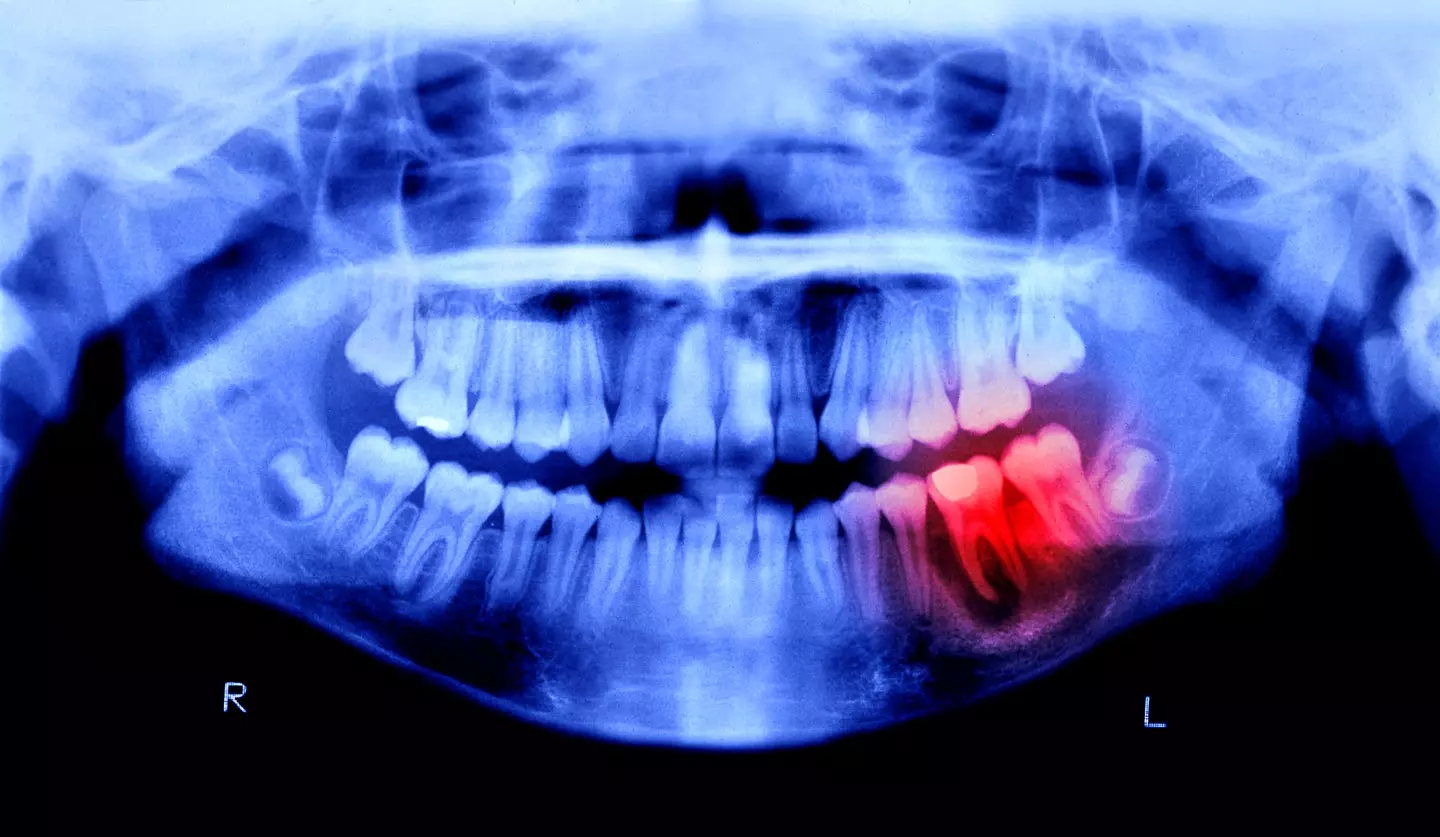Our bodies often provide subtle indicators when something is off, and the mouth is no exception.
While noticeable signs like bleeding gums, loose teeth, or a sore jaw make it clear that our oral health needs attention, there are also more understated signals that may indicate more than just the need to floss or remove plaque from our wisdom teeth.
Interestingly, a dentist has identified six oral signs that could hint at larger health concerns, including serious conditions such as liver and kidney disease, bone disorders like osteoporosis, or even certain types of cancers.
Before you start worrying that a hint of halitosis could mean something serious, remember that some oral signs are simple to address. However, if you have any concerns, it is advisable to schedule an appointment with your dentist for further guidance.

By attending your dental check-ups twice a year and keeping up with regular hygiene appointments, you increase the chances of identifying potential serious signs early on.
Dr. Mahmood from Rüh Dental stated: “As dentists, we are in a prime position to detect serious health conditions that may be developing unnoticed. This is why it’s crucial for individuals to visit their dentist for regular examinations and cleanings at least twice a year.
“Regularly assessing oral health alongside home care like brushing and flossing contributes to maintaining overall physical health.”
“It’s essential to be mindful of any unusual changes or pain in the mouth. If you notice anything concerning, consult your dentist or a healthcare professional promptly.”
It might be evident, but if you notice bleeding or sore gums, it’s essential to inform your dentist. Such symptoms can indicate gum disease, which may lead to more serious health issues, such as heart disease.
While it may sound far-fetched that gum disease could affect a vital organ like the heart, bacteria from infected gums can enter the bloodstream and latch onto damaged parts of the heart, leading to complications.
Dr. Mahmood explained: “This can result in endocarditis (an infection of the heart’s inner lining) and other cardiovascular issues such as atherosclerosis (narrowed arteries).”

Ignoring jaw pain isn’t advisable, as it may be linked to a heart attack or cardiac arrest.
“Jaw pain during cardiac arrest occurs because the nerves detecting heart pain travel to the same general region in the spinal cord, sharing the same nerve pathway,” explained Dr. Mahmood. “These signals then reach the brain, which may interpret the jaw as signaling pain on behalf of the heart.”
Losing teeth in adulthood is a concerning sign, and ideally, you should retain all your teeth as an adult. Loose teeth or tooth loss can reveal severe gum disease or indicate issues with bone health.
Studies have found connections between osteoporosis and jawbone loss, which can increase the risk of tooth loss.

Changes in the enamel, the outer layer of teeth, can also suggest health issues. Dr. Mahmood noted: “Eroded and translucent teeth often indicate conditions such as bulimia or acid reflux.
“Stomach acid is corrosive and can gradually erode tooth enamel. Frequent vomiting may also cause dry mouth, cracked lips, enamel loss, swollen glands, and tooth sensitivity.”
Bad breath, while common, can also signify more than poor oral hygiene. Dr. Mahmood cautioned: “It may indicate sinus infections, diabetes, chronic lung infections, or issues with the liver or kidneys.”

If you notice lumps, sores, or spots in your mouth, it’s critical to consult your dentist promptly.
While it could be a simple fungal infection easily treated, it might also be something more serious.
Dr. Mahmood warned: “Oral cancer often begins as a small white or red spot or sore in the mouth, with higher risk for smokers or alcohol consumers.”

